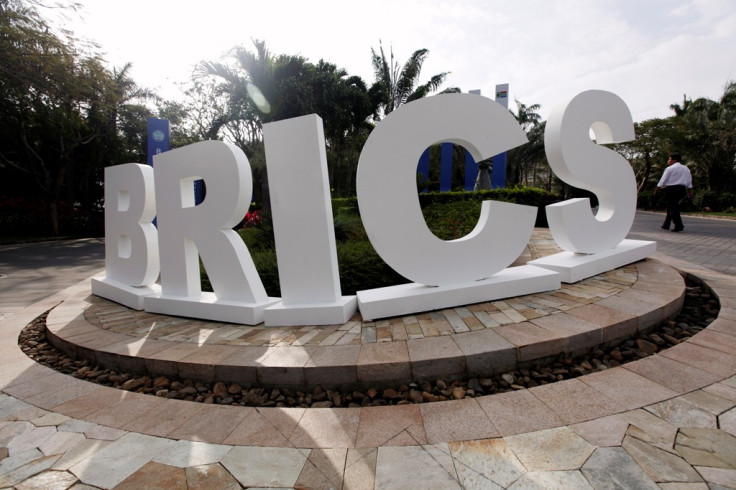Russia ratifies $100bn Brics reserve fund rivalling IMF

The Brics economies' plan to set up a $100bn (£66bn, €89.3bn) reserve fund to address emergency situations has been ratified by President Vladimir Putin, as embattled Russia looks to pose stiff competition to the West-dominated international financial institutions such as the International Monetary Fund and the World Bank.
"The accord on the creation of a common reserve fund for Brics countries has been ratified," a document from the Kremlin said as quoted by RIA Novosti news agency.
The agreement for the fund was signed in July 2014 by the Brics nations in Brazil. The fund aims at protecting the member nations' currencies against volatility in the global markets by supporting balance of payments.
"Realisation of the agreement will also contribute to the effective protection of the national currencies against the volatility in the world currency markets," said Sergey Ivanov, deputy head of the Russian Federal Council Committee for Budget and Financial Market.
Having suffered from huge currency fluctuations amid its rift with the West over the annexation of Crimea, Russia is looking to shield itself against external impacts, and the new fund would provide it with adequate liquidity, replacing aid from the IMF and World Bank that are dominated by the US.
As per the agreement reached earlier, Moscow is expected to contribute $18bn to the reserve, well below China's contribution of $41bn. Among other members, Brazil and India will also contribute $18bn each, while South Africa's share will be $5bn.
The Brics nations are also setting up a $100bn New Development Bank, which would compete with the IMF, the World Bank and others in international financing.
The Brics nations account for 40% of the world's population, and about 20% of the world's gross domestic product.
© Copyright IBTimes 2025. All rights reserved.






















